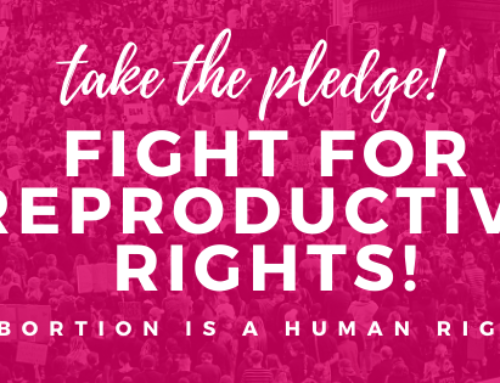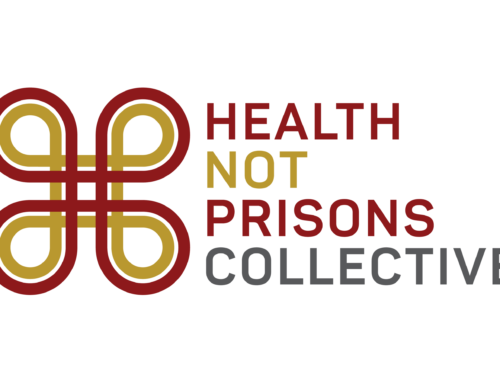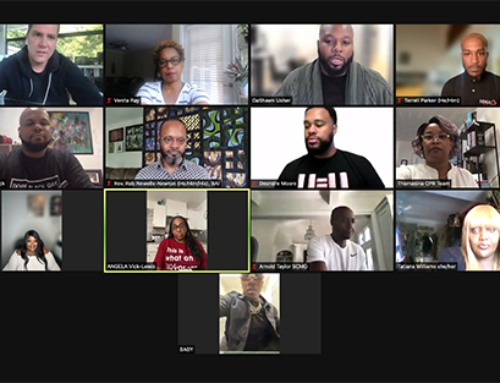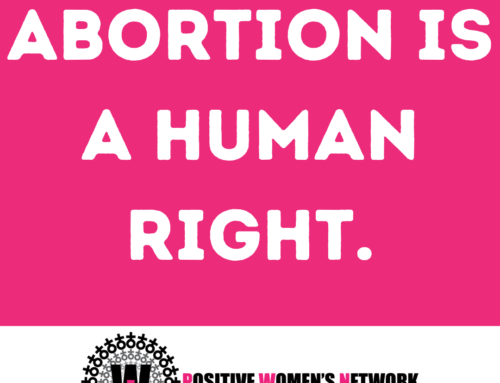PWN-USA Releases Groundbreaking Report on Sexual and Reproductive Health and Rights for US WLHIV
To read
full report click
here
Despite significant advances in treatment and reduction in infectiousness, people living with HIV continue to face discrimination in the health care system, justice system, public and private sectors; stigmatizing portrayals in the media; and high rates of prejudice among the general population. Laws, policies and practice have not changed to keep up with current science; many laws remain on the books from the early days of the epidemic when understanding of HIV transmission routes was scarce.
Nowhere is this more apparent than in the case of women’s sexual and reproductive health and rights (SRHR), an expansive topic which lends itself to a plethora of exploratory subject areas related to desires, behaviors and perceptions.
In many ways this topic is the narrative to women’s lives; it encompasses puberty and sexual development, identity, body image, and self-esteem, romantic and sexual desires and relationships, reproductive health, fertility desires, and life during and after menopause. Women’s sexual and reproductive health and rights go beyond just individual experiences, and are grounded in a structural context. Specifically, SRHR are shaped by and simultaneously define cultural norms and expectations, governing laws and policy, and social constructs.
To better understand the ways in which women living with HIV experience their own sexuality, relationships, and reproductive desires and intentions, within this cultural, political and social context, Positive Women’s Network – United States of America, a national membership body of women living with HIV, created a research and analysis project designed and implemented entirely by women living with HIV.
UNSPOKEN: Sexuality, Romance, and Reproductive Freedom for Women Living with HIV in the United States articulates the findings of that project and details recommendations for further research, advocacy, and action.
This framework document – written, researched, and edited entirely by women living with HIV – outlines a review of existing policies that may impact the SRHR of women living with HIV; a review of the literature; and
findings from a national survey conducted among HIV-positive women in the US during the summer of 2013. The authors of
UNSPOKEN believe that understanding the actual lived experiences of sexual and reproductive rights for women living with HIV, in context, offers tremendous opportunity to increase engagement in care, to achieve better individual and public health, and, most importantly, to ensure that women living with HIV are afforded the opportunity to live a life of dignity, free of stigma, discrimination, and violence.







